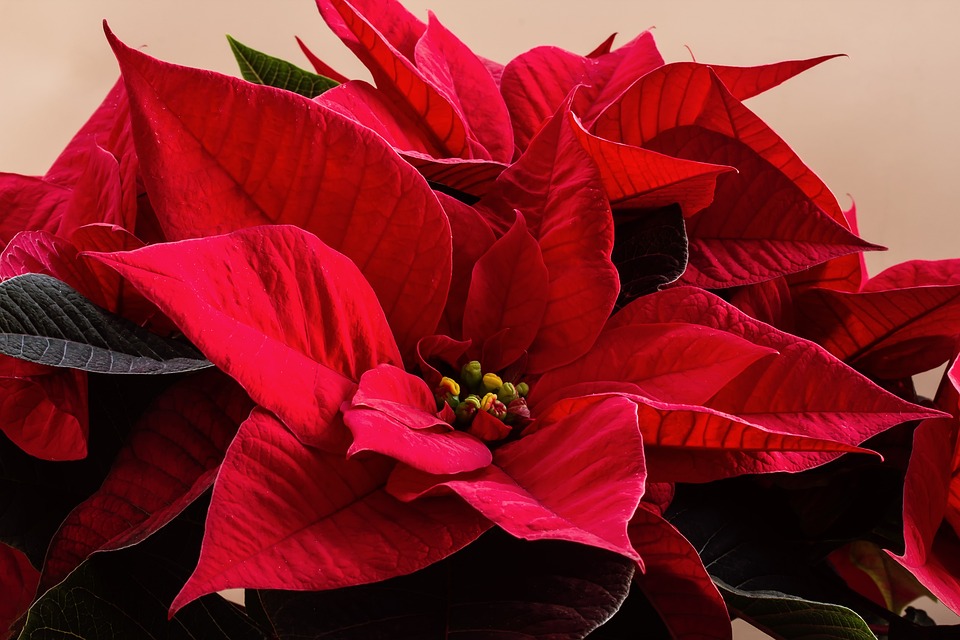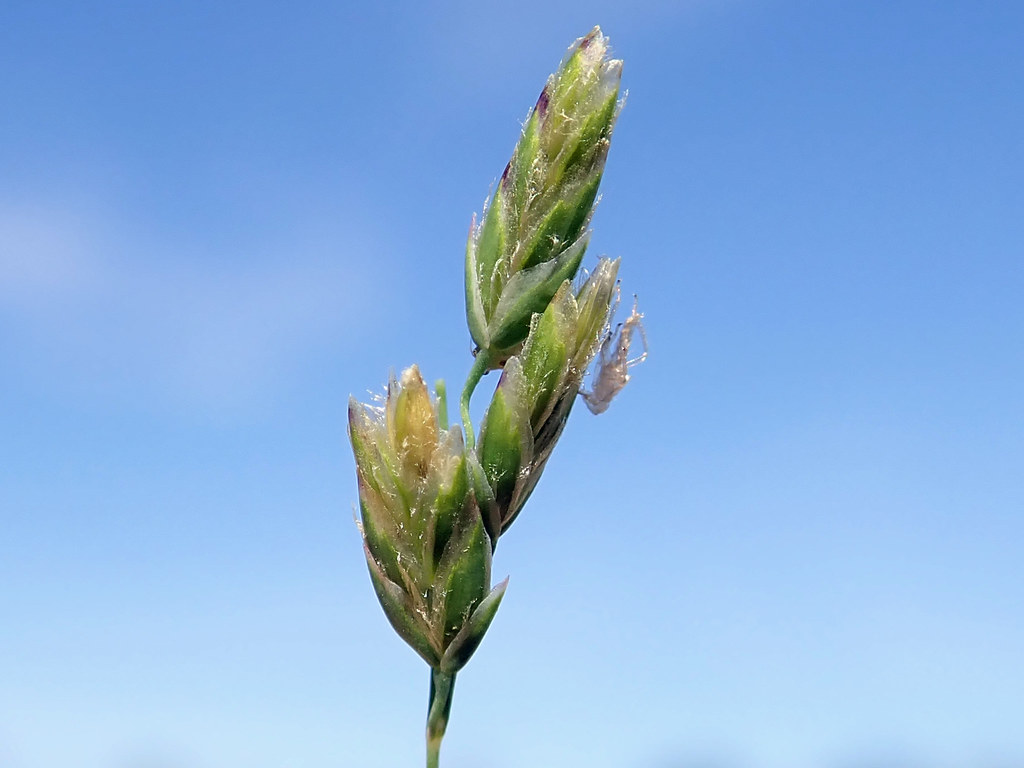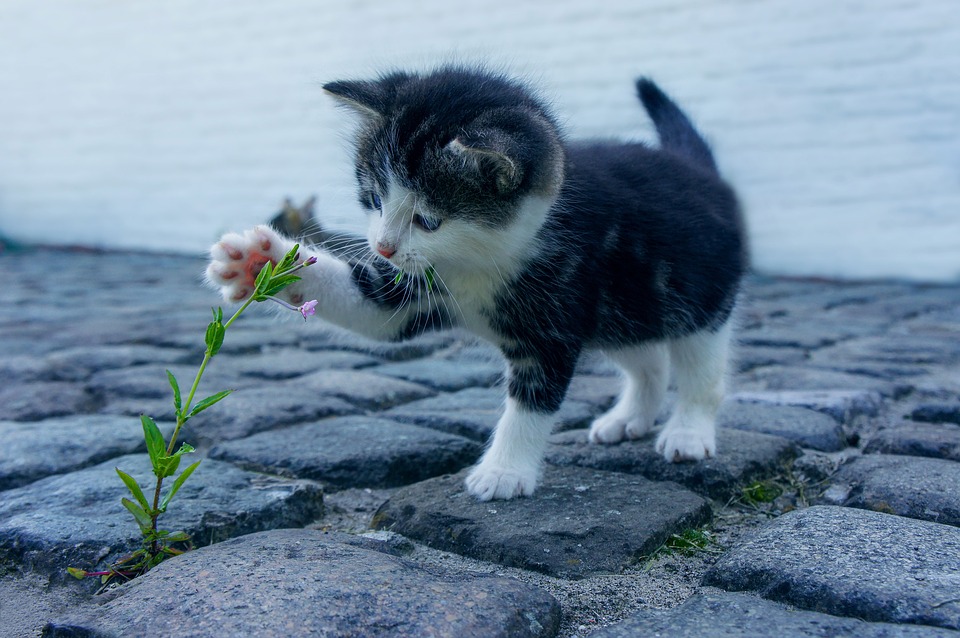If you are a plant and animal lover, you’ll find yourself in a dilemma as many plants and flowers can be toxic to your four-legged friends. Here are some of the most hazardous plants and flowers for your pets. Sadly, there are many more than what has been listed here. Be cautious as all of them can cause serious health problems to your favorite pet or even be fatal.
1) Ficus
Ficus is a plant of the Ficaceae family. There are many varieties, but all of them are toxic to animals, especially dogs, cats, rabbits, and rodents. The latex found in the plant has corrosive properties that irritate the mucous membranes, particularly the eyes, which may cause severe eye irritation. If your pet chews the ficus leaves, their mouth and digestive system can also be harmed. The liquid will irritate their oral cavity and can cause severe gastric issues.
If you have ficus leaves at home and your pet has eye irritation, excessive saliva, vomiting, mouth irritation, diarrhea, etc., he has likely consumed ficus leaves. This plant is notably harmful to cats that may have facial edema or kidney problems. In case you notice such symptoms, visit your veterinarian as soon as possible. Until then, wash the affected area with water several times.

2) Dieffenbachia
Green plant of the family of araceae, the dieffenbachia can also be toxic for animals. Keep them out of reach of your pets (and even children) as this plant trap is potentially hazardous. Its leaves and stems are made of oxalate crystals, an acid with irrigating properties that is found in large quantities in some plants. As the plant ages, the level of oxalate also increases. If a dog or cat chews on the stems or leaves, it will ingest the latex or sap from the dieffenbachia and become intoxicated. If ingested, it can cause mouth pain and more salivation than usual. Swelling may also occur and may cause discomfort when swallowing food or even prevent the animal from breathing normally.

3) The Poinsettia
The poinsettia, also known as the Christmas Star, is specially bought in winter and used as a Christmas decoration. This pretty and decorative plant is unfortunately not meant for animals. The ingestion of this plant is only rarely fatal, but it can cause moderate to medium digestive disorders.
While all pets may be adversely affected by its ingestion, cats are particularly vulnerable to the poinsettia. The plant can be poisonous when animals chew its leaves. Nothing can happen if only a few are ingested but monitor your pet carefully afterward. If he vomits, salivates excessively, and has diarrhea, then he has probably been poisoned. Similarly, if he has conjunctiva, he may have latex splashing in the eyes. Wash the affected area with plenty of water if irritation occurs. In all cases, a visit to the veterinarian is recommended.

4) Spikelets
Danger also exists for your pet outside, especially for dogs, since they are usually the ones who are outdoors the most. In addition to Lyme disease, which can affect dogs walking in the grass, another danger threatens them in the form of spikelets. These, as their name suggests, are small spikes of grass that abound in the fields but can also be found in public parks. These tiny spikes can be easily detached from the stem, scattered with the wind, and stick to your dog’s hair or can get inside them.
In such cases, remove the spikes from your dog. If the snout has been infiltrated, your dog will rub its nose often or sneeze repeatedly. When this natural reaction of the body is not enough to expel the spikelets, you notice pus and consult your veterinarian.

If the plants you own are not mentioned in this list, do your research to know whether they are harmful to pets or not!



